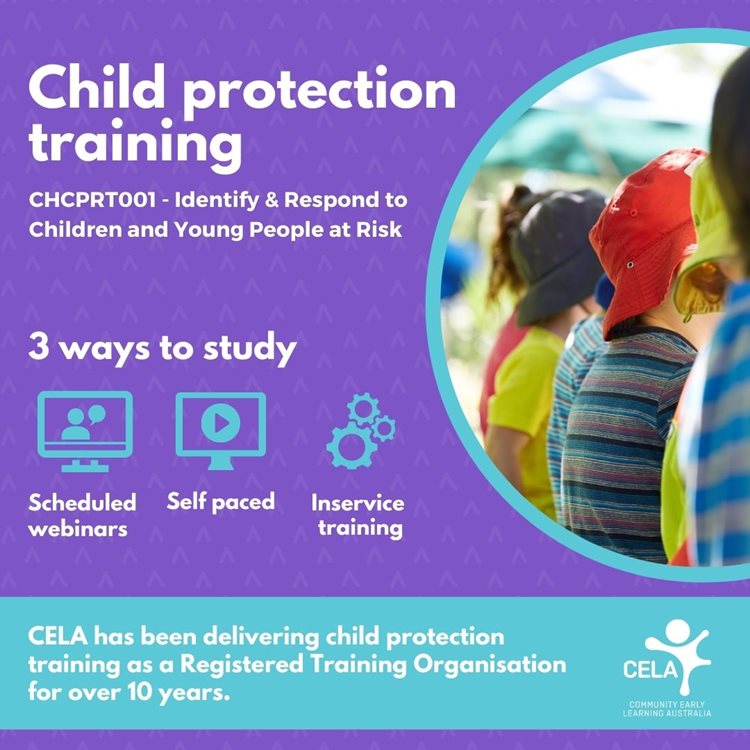As educators, we play a vital role in the education and intervention of child abuse.
So, should we still be talking about stranger danger? Or should we be focusing more on people within their family and social groups?
Instead of choosing one over the other, I believe the best practice should focus more on empowering children in ALL situations with ALL types of people.
Recent research shows that abusers are not only adults, but can also be same aged peers, older children, or teenagers. Abuse can happen at home, at a friend’s house, at school or at the park. In order to protect children from being targets of abuse in any situation and from all different types of people (strangers, known adults, or even other children).
It is most vital that we empower them with information on:
1. Body awareness and autonomy
2. How to say No
Body awareness and autonomy
The Daniel Morcombe Foundation recommends that body awareness conversations and activities should include information on understanding emotions, recognising body clues, and knowing the different body parts.
When children can name and understand their feelings, it can give them the emotional vocabulary needed to talk appropriately about them. This then leads on to recognising the physical clues their body gives them when feeling uncomfortable or frightened around certain people.
Children can connect their emotions with their physical wellbeing by understanding that the following body clues tell us we are scared, nervous or uncomfortable:
- Funny feeling in the tummy
- Wobbly knees
- Sweaty palms
- Crying
- Heart pounding
- Hair standing on end
To ensure children have autonomy over their own bodies, we need to explicitly teach:
- Anatomical names for body parts
- The difference between public and private body parts
- Their body belongs to them, and they are the only person in charge of it
It’s Ok to say NO
When we insist that it is more important for children to be polite to adults rather than letting them have autonomy over their own bodies, we are exposing children to higher risk of potential abuse. A child who knows they are in control of their own body is less likely to experience abuse. They are also more likely to tell a trusted adult if some form of abuse has taken place. Children, however, who feel like they don’t have the power to say no, become more susceptible to being manipulated and abused by predators.
Some adults tell children it is rude and disrespectful to say no, so it’s no surprise that they can find it difficult and scary. When it comes to their bodies, children need to know that it’s perfectly ok to say no to hugs, kisses, touching or any invasion of personal space.
We can support children by:
- Role modelling giving and receiving consent
- Providing different alternatives of showing affection if they prefer e.g., fist bumps, high fives, waving, smiling, virtual hugging, or no affection at all
- Recognising boundaries around personal space
- Scaffolding conversations between children on personal space and affection
- Respecting children’s right to say no
- Affirming and supporting children when they say no and explaining why it’s not being rude or disrespectful
- Supporting them to say no firmly with voice control and body language if another child or adult is not listening
- Teaching them the difference between appropriate and inappropriate times to say no
- Educating families so the message is also being taught in the home
We can follow up with conversations and activities that support them by:
-
Identifying safe people who can help them
-
Discussing the differences between a surprise and a secret
-
Emphasising that trustworthy adults don’t seek help from children with their problems or ask children to keep secrets
Further reading and resources:
Only For Me by Michelle Derig
A Secret Safe to Tell by Naomi Hunter - the author reads her story on YouTube
I can say No by Jenny Simmons
Daniel Morcombe Foundation - Kids Safe Resources
Watch this lovely video showing how children in a Thai early education centre choose how to greet their educator
Child protection training with CELA

FIND OUT MORE
About Renee
Renee Irving Lee is passionate about writing children’s books that promote life-long learning, social inclusion and improve self-esteem. She has always loved working with children, so writing for children has been a natural progression from her work as a teacher and educational freelance writer.
Her diverse background in education extends to teaching primary school-aged children, young adults, and children with special needs. Renee was awarded the Young Achiever of the Year Award by TAFE Queensland for her work as a dynamic, student-focused teacher who is highly respected for her skills, intellect and dedication. Renee was also inducted into the International Golden Key Honour Society while studying for her Bachelor of Education (Special Education) where she graduated with a Distinction.